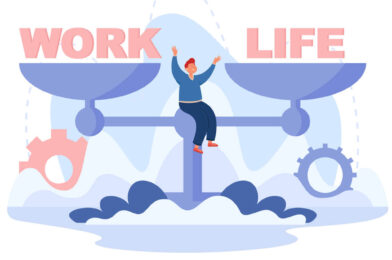Struggling to juggle your never-ending to-do list and longing for more hours in the day? It’s time to master the art of time alchemy, transforming your 24 hours into a productivity goldmine. In our fast-paced world, effective time management is the key to success, and it’s easier than you think.
First, understand the value of your time. Recognize that every moment is precious and has the potential to bring you closer to your goals. Prioritize tasks that are truly important and urgent, and learn to say no to distractions and time-wasters. Create a daily schedule that allocates specific time slots for different tasks, helping you stay focused and disciplined.
Transform your time by setting clear and specific goals. Break down your ambitions into manageable chunks, setting deadlines and creating a sense of urgency to stay motivated. Celebrate small wins and milestones to maintain your momentum. Also, learn to delegate and outsource tasks whenever possible. Whether at work or at home, recognize that you don’t have to do everything alone. Trust your team or seek external help to free up your time for more strategic tasks.
Another essential technique is to practice the art of focus. In a world filled with distractions, train your mind to concentrate intensely on the task at hand. Eliminate interruptions, turn off notifications, and create a dedicated workspace to enhance your productivity. Take advantage of time-saving technology and apps. From automated scheduling tools to efficient note-taking apps, there’s a plethora of resources available to streamline your tasks and optimize your daily routines.
Remember, time alchemy is about maximizing your potential. Invest time in self-care and personal development. Whether it’s regular exercise, meditation, or a hobby, these activities will energize you and enhance your focus, ensuring you make the most of every moment. Good time management is also about effective stress management. Learn to recognize when you’re feeling overwhelmed and take proactive steps to manage your workload and mental health.
Alchemy requires experimentation, so embrace flexibility and adaptability. Be willing to adjust your strategies as you discover what works best for you. Everyone’s productivity journey is unique, so create a system tailored to your strengths and preferences. Lastly, always make time for what truly matters. Nurture your relationships, pursue your passions, and prioritize experiences that bring you joy and fulfillment.
By implementing these strategies, you’ll be well on your way to mastering time alchemy, transforming your 24 hours into a productive and fulfilling journey. Remember, it’s not just about managing time, but about maximizing your potential and creating a life filled with purpose and accomplishment.









